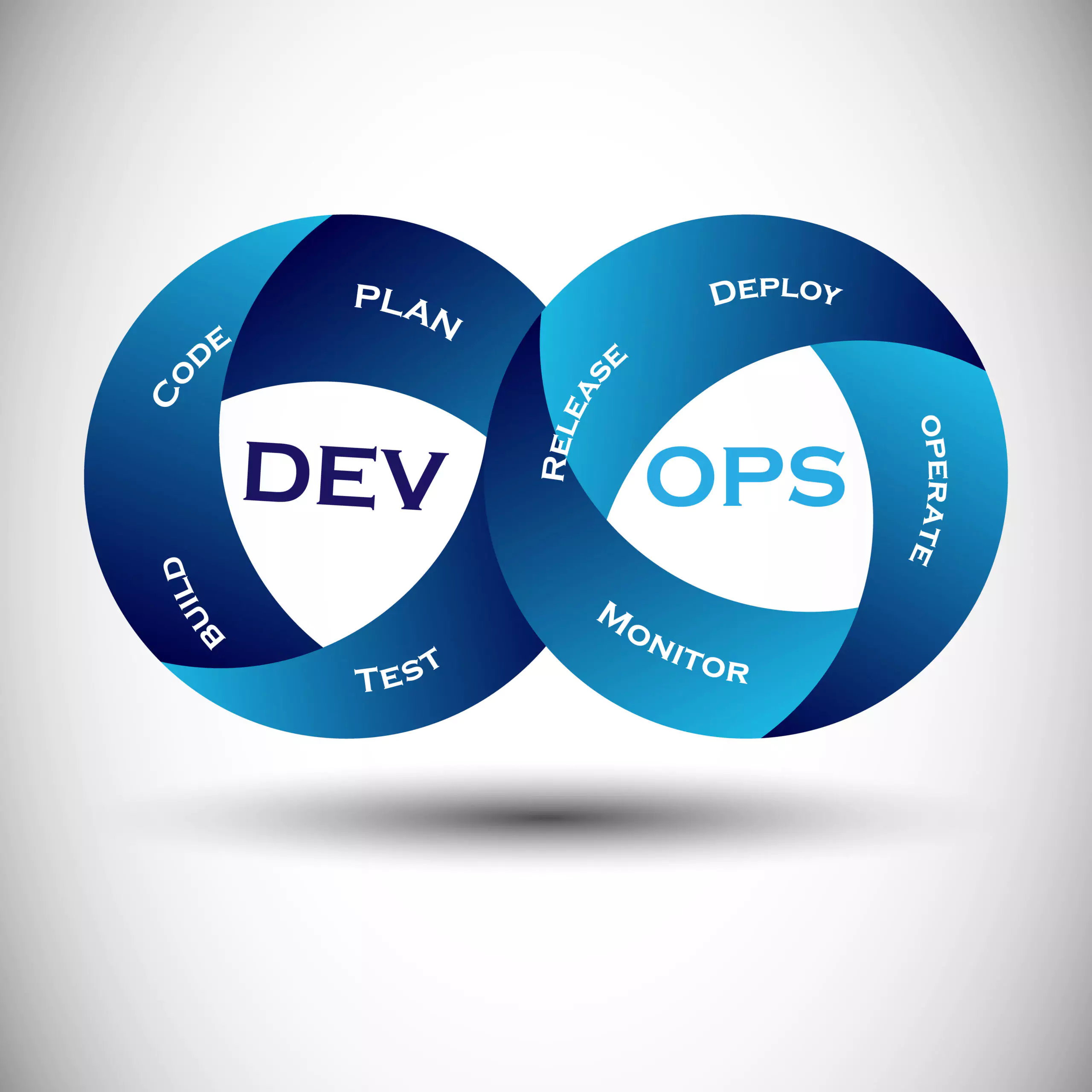Course Curriculum
Course Content
- Welcome and Course Overview
- What is DevOps? Definition, principles, and benefits.
- Evolution of DevOps and Industry Trends
- Building a DevOps Culture: Collaboration and shared responsibility.
- Communication Channels and Feedback Loops.
- DevOps Mindset and Practices.
- Introduction to Continuous Integration (CI).
- Setting up a CI/CD Pipeline.
- Hands-On Lab: Building a Basic CI Pipeline.
- Understanding Continuous Delivery (CD) and Deployment.
- Deployment Strategies: Blue-Green, Canary, and Rolling Updates.
- CD Tools: Docker, Kubernetes, and Helm.
- Introduction to Infrastructure as Code (IaC).
- IaC Tools: Ansible, Terraform, and CloudFormation.
- Hands-On Lab: Provisioning Infrastructure with IaC.
- Integrating Security in DevOps.
- Automated Security Testing and Vulnerability Management.
- Secure Coding Practices.
- Exploring DevOps Tools: CI/CD, IaC, Monitoring, and More.
- Tool Selection Criteria and Evaluating Toolchains.
- Practical Demonstrations of DevOps Tools.
- Emerging Technologies in DevOps.
- DevOps and Cloud Computing.
- Applying DevOps in Various Environments: On-Premises, Cloud, Hybrid.
- Scaling DevOps for Different Organizational Sizes.
Quick Enquiry
Exam & Certification
Research and select a DevOps certification that aligns with your skills, career goals, and the level of expertise you want to achieve. Some popular DevOps certifications include:
- AWS Certified DevOps Engineer
- Google Cloud Professional DevOps Engineer
- Microsoft Certified: Azure DevOps Engineer Expert
- Docker Certified Associate
- Red Hat Certified Engineer in DevOps
- DevOps Institute Certifications (e.g., DevOps Foundation, DevOps Leader)
- Review the certification requirements and exam objectives provided by the certification provider.
- Study the relevant materials, including recommended books, online courses, practice exams, and documentation.
- Gain hands-on experience by working on real-world projects or labs to reinforce your knowledge.
- Create an account on the certification providers website.
- Register for the certification exam and pay the exam fee. Be sure to check the eligibility requirements and any prerequisites.
- Continue your focused study and review sessions to reinforce your understanding of DevOps principles, practices, and tools.
- Take practice exams to assess your readiness and identify areas that need further study.
- On the scheduled exam day, arrive at the testing center with a government-issued photo ID.
- Complete the exam within the allocated time, demonstrating your knowledge and skills in DevOps practices.
After completing the exam, you will receive immediate results if its a computer-based test. Otherwise, you may need to wait for the results to be communicated to you.
- Some DevOps certifications require ongoing maintenance to keep your certification valid.
- Fulfill any continuing education or professional development requirements, such as earning and reporting professional development units (PDUs).
- If you pass the exam, you will receive a digital or physical certificate from the certification provider.
- Proudly display your certification on your resume, LinkedIn profile, and other professional platforms.
Testimonials
DevOps FAQ's
DevOps is a set of practices and cultural philosophies that aim to bridge the gap between software development (Dev) and IT operations (Ops). It focuses on collaboration, communication, and automation to streamline the software delivery process and improve the quality and reliability of applications.
DevOps enhances collaboration between development and operations teams, leading to faster software delivery, improved deployment frequency, and reduced time-to-market. It also promotes automation, better quality assurance, and a culture of continuous improvement.
Key principles of DevOps include collaboration, automation, continuous integration (CI), continuous delivery (CD), infrastructure as code (IaC), monitoring, and feedback. These principles aim to create a culture of agility, efficiency, and customer-centricity.
Continuous Integration is the practice of frequently integrating code changes into a shared repository. Each integration is automatically verified by running automated tests, ensuring that new code does not introduce defects.
DevOps accelerates software delivery by automating manual tasks, ensuring consistent environments, and promoting frequent code integration and deployment. This leads to faster releases, reduced errors, and quicker problem resolution.
Continuous Delivery is the practice of automatically deploying code changes to production or staging environments after passing through the CI process. It ensures that code is always in a deployable state, ready for release.
Infrastructure as Code is the practice of managing and provisioning infrastructure through code and automation tools. It ensures consistent, repeatable, and version-controlled infrastructure deployments.
Popular DevOps tools include Jenkins, GitLab CI/CD, Travis CI, Ansible, Chef, Puppet, Docker, Kubernetes, Prometheus, and Grafana, among others.
Begin by fostering a culture of collaboration and communication between teams. Gradually introduce automation, CI/CD pipelines, version control, and monitoring tools. Embrace learning and continuous improvement.
DevOps certifications validate your knowledge and skills in DevOps practices and principles. They can enhance your career prospects, demonstrate expertise to employers, and provide a structured path for learning and growth.
Yes, DevOps principles can be applied to various industries beyond software development, including finance, healthcare, manufacturing, and more. The core concepts of collaboration, automation, and continuous improvement are universally valuable.

.webp)
.webp)


